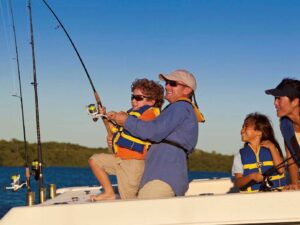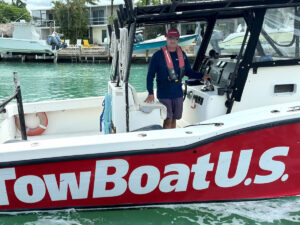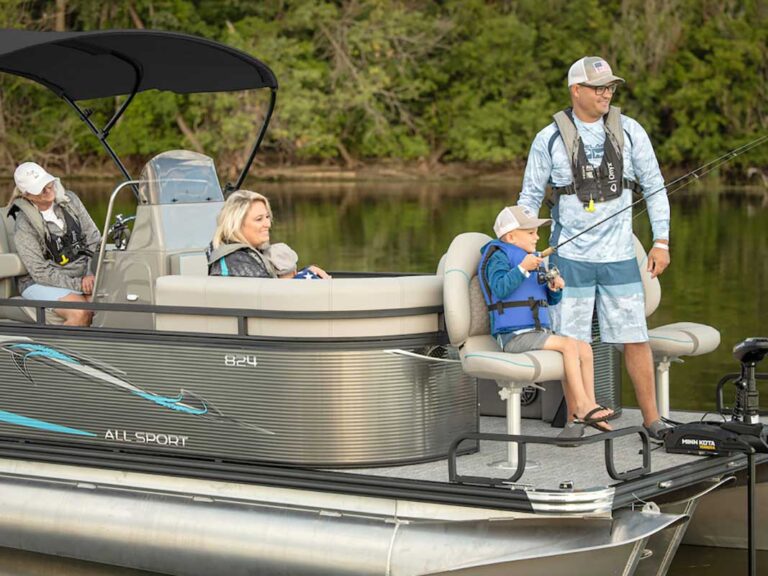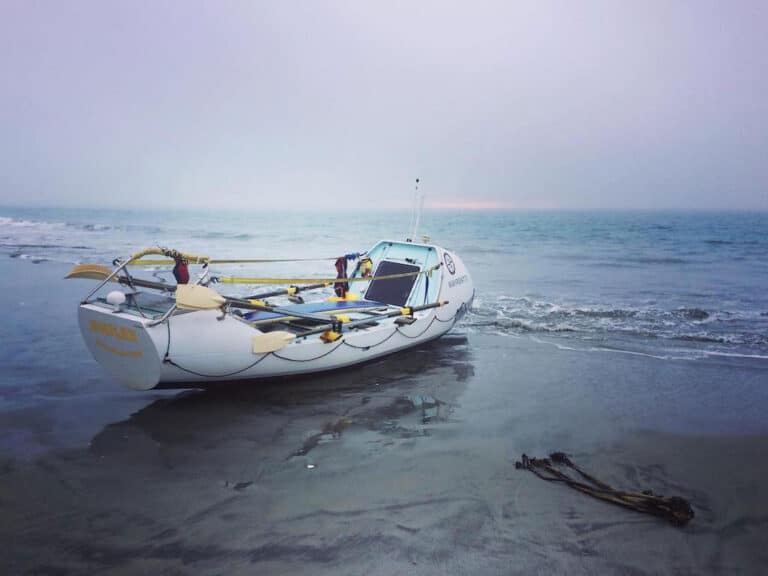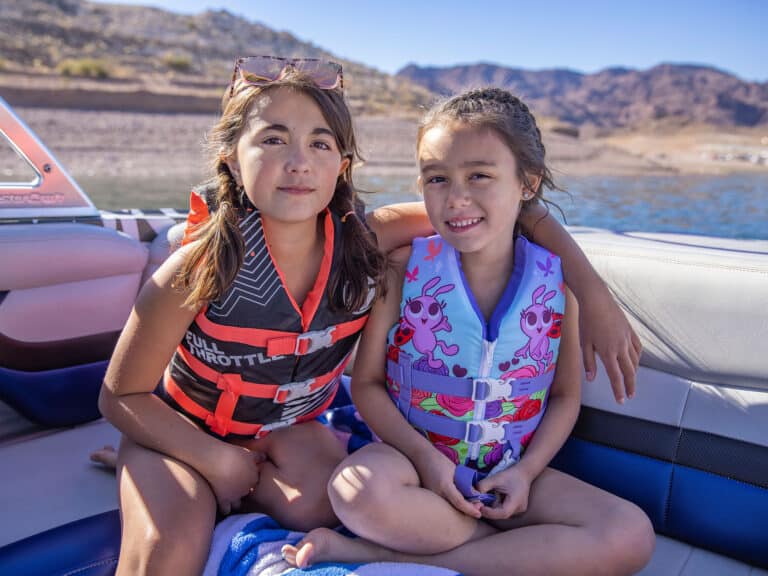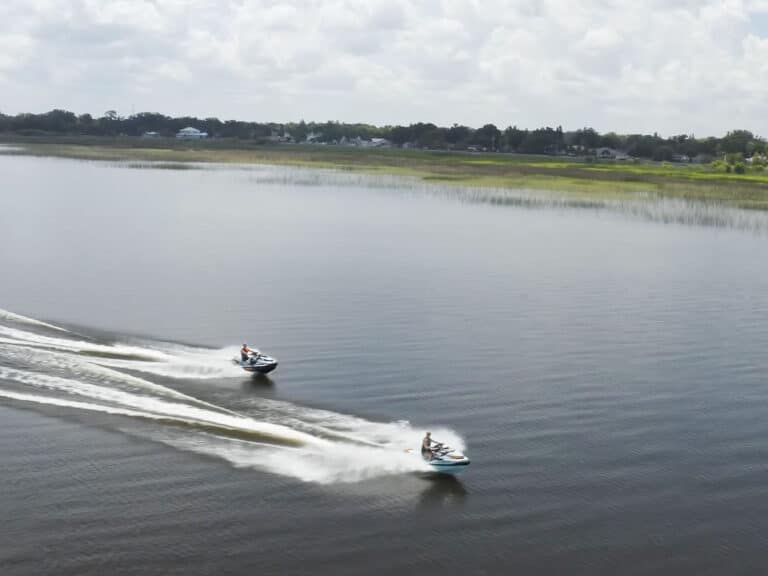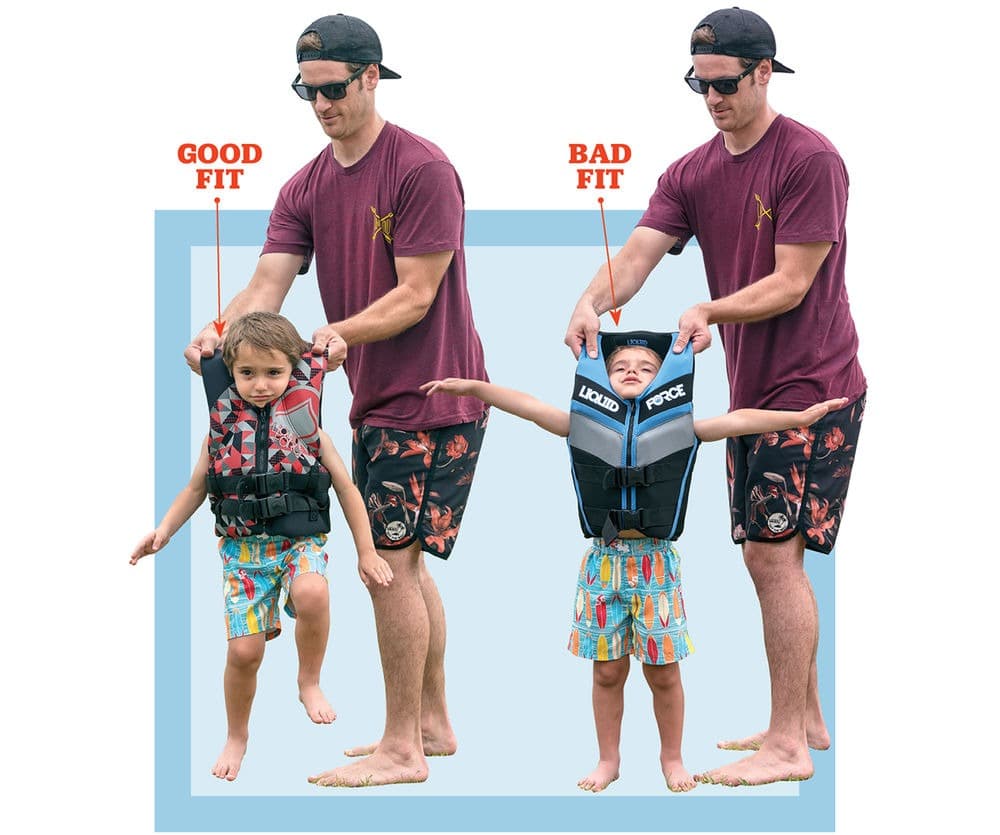
We all know the law. A life jacket must be available for every person on board, and in most states, youngsters under 12 or 13 are required to wear them at all times on the water. Those are the rules, but too many boaters ignore common sense—namely, that if the life jacket doesn’t fit the child, it can be next to useless in an emergency. Still, boaters often strap their kids into an oversize jacket and call it good enough.
The potential impact of that mindset became all too personal during a recent photo shoot. I was manning the chase boat for our photographer, and as we passed about a half-mile from a public boat landing I heard an outboard power up, then stop with a thump. I didn’t think much of it at the time, because I was concentrating on holding the boat in the perfect position for the cameraman to get his photo. But as we set up for our next shot a few minutes later, I noticed what appeared to be about a dozen ducks paddling around the lake. We went for a look.
As we approached, we realized the ducks were actually fishing tackle, boat gear, life jackets and a fuel tank drifting away. About 50 yards farther on, two men were treading water. For some reason, the younger man was propping up an adult-size life jacket on the stem of his upturned boat.
Then the life jacket moved. Crying and wailing inside it, with enough room to privately change clothes, was a young boy.
We pulled the crew from the water. Thankfully, all three were okay, and within 10 minutes we had begun to right and raise their boat.
What We Learned
People under duress make bad decisions. Duress is usually caused by previous bad decisions.
First, the young man had just launched his “restored” skiff after gutting some rotted wood and removing the flotation from it.
Second, the “bang” was the sound of a plank, used to raise the outboard’s trim angle, snapping.
Third, the skipper instantly chopped his power, and the older gent stepped aft to look — and that’s when the following wake rolled over the transom.
This crew’s bad decisions continued as they failed to prioritize between the need to secure life and the desire to secure the sinking vessel. And their panic level increased because the father realized that, deep beneath his irrational rage, the biggest cause for alarm — the peril to his son — was entirely the result of his own decisions.
Boating is a sport with a body of rules. Some are for fun and most are for safety. A coach once told me, “Contrary to popular belief, practice does not make perfect. Perfect practice makes perfect.”
Boating is exactly that way.
Edits by Jeff Moag/Water Sports Foundation
* * * * *
Bill Doster is a professional boating photographer based in Orlando.
The U.S. Coast Guard is asking all boat owners and operators to help reduce fatalities, injuries, property damage, and associated healthcare costs related to recreational boating accidents by taking personal responsibility for their own safety and the safety of their passengers. Essential steps include: wearing a life jacket at all times and requiring passengers to do the same; never boating under the influence (BUI); successfully completing a boating safety course; and getting a Vessel Safety Check (VSC) annually from local U.S. Coast Guard Auxiliary, United States Power Squadrons(r), or your state boating agency’s Vessel Examiners. The U.S. Coast Guard reminds all boaters to “Boat Responsibly!” For more tips on boating safety, visit www.uscgboating.org.

